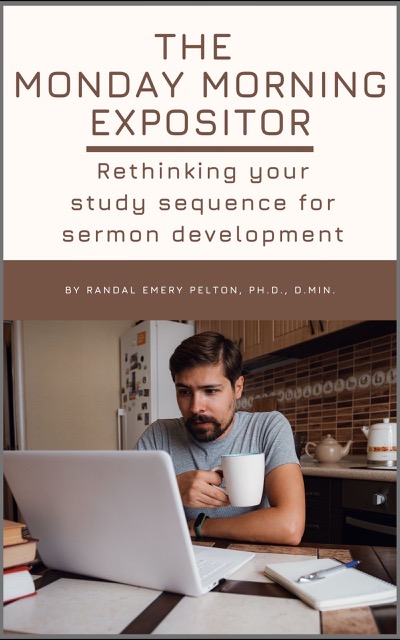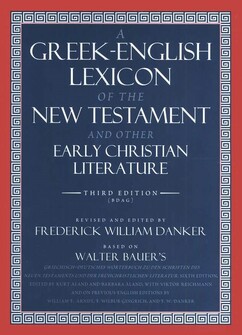
I am happy to say that the e-book version of my latest book, The Monday Morning Expository: Rethinking Your Study Sequence For Sermon Development, is available.
The book is arguing a reversal of the normal study sequence. Usually, pastors begin to do their exegesis and amass all kinds of exegetical data from the passage. That results in notes filled with isolated fragments of meaning.
Through the years I’ve heard this comment from preaching pastors: “I get toward the end of the week, have lots of notes, but still don’t have the sermon yet.”
As I’ve thought about those comments and experienced it myself in my early years, it led me to the contexts of this book. I give more detail early in the book about how the new sequence came about in my own practice.
For now, if you would like to think about the first few hours of your study for sermon preparation, you might be interested in my book. It fleshes out the following acrostic (my students and blog readers might recall this):
A.B.I.T
Argument, Big Idea, Intention, and Theology.
If you practice this method on Monday morning, or whatever day your first few hours of study occur, you will end up with more of a big picture of the meaning and application of your preaching portion. You will have the gist of the sermon even though you don’t yet have all the exegetical details.
I know it sounds backwards, but that’s the point. Trust me when I say, you can gain great insight into preaching your passage with this process.
Anyway, I hope you’re enjoying preaching through Advent. May our Lord receive glory in the church and in Christ Jesus (Ephesians 3:21) through our Spirit-driven efforts.
Randal










